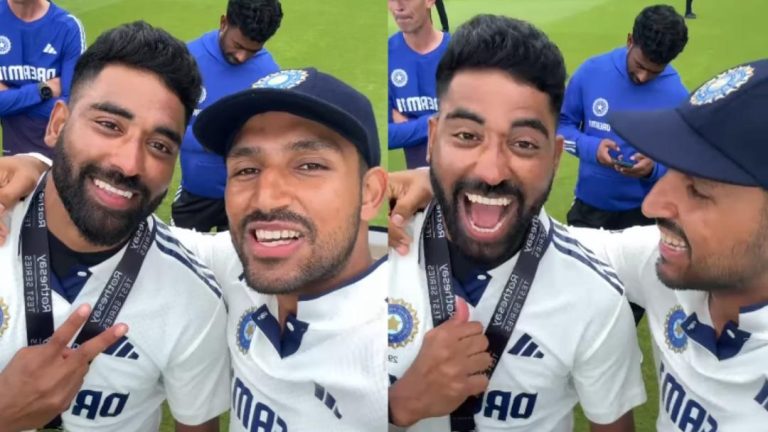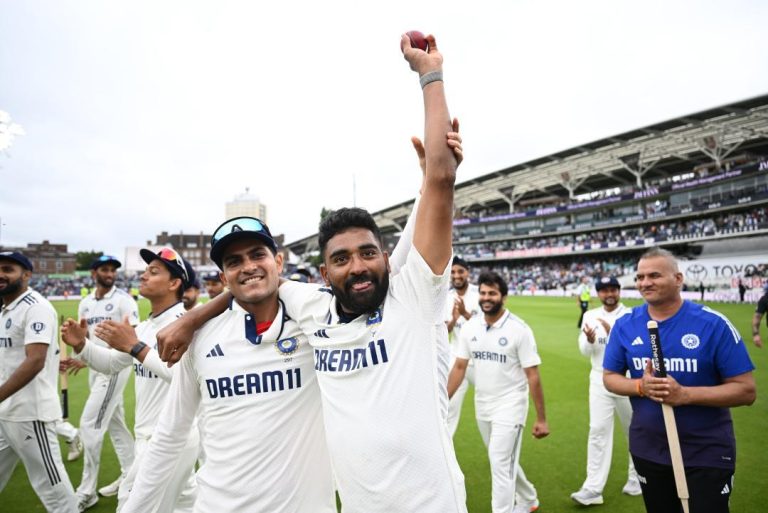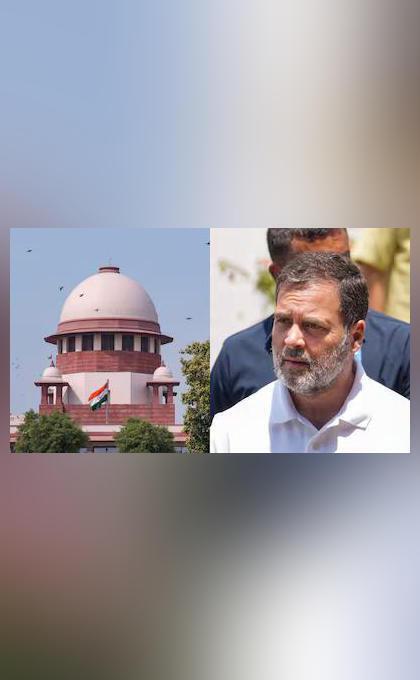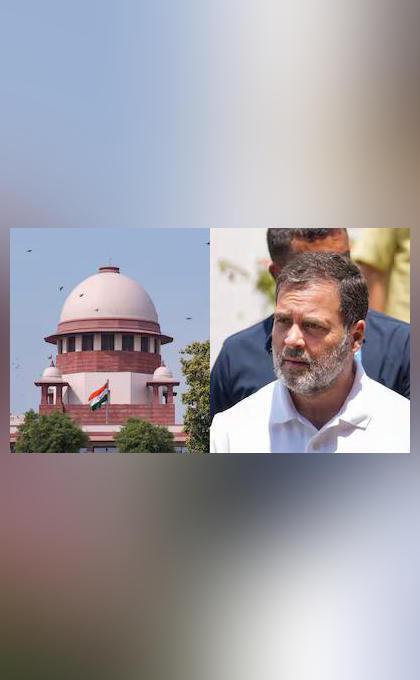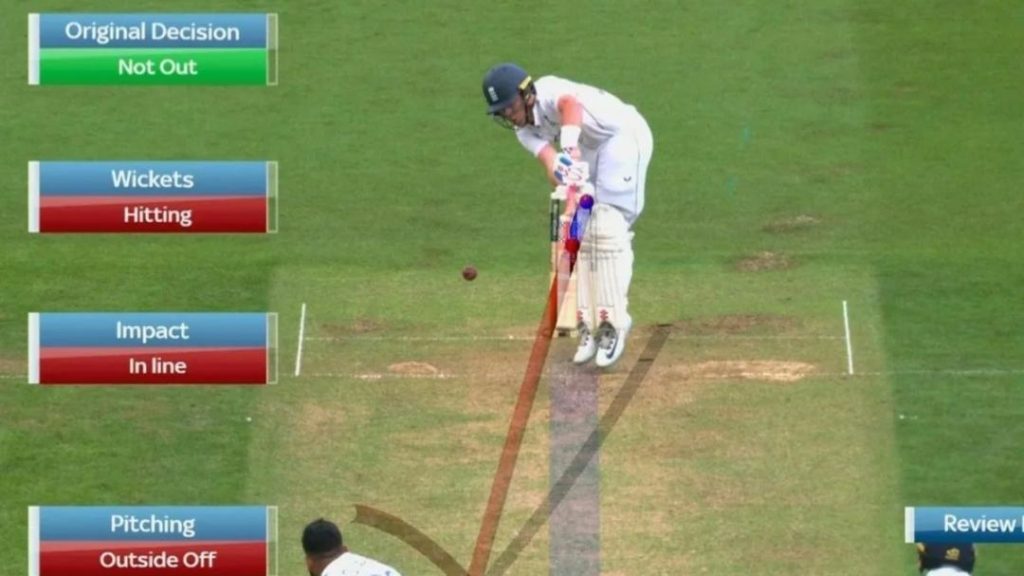
The Single Run That Denied England: An Incorrect Lbw Call in Oval Loss
The fourth Test match between England and India at the Oval came to a thrilling conclusion, with the visitors emerging victorious by just six runs. However, it was a single run that could have changed the course of the game, had it not been for an incorrect lbw decision that denied England a crucial chance to level the series.
The incident occurred in the 81st over of England’s chase, when Joe Root was given out lbw by the on-field umpire, David Boon. Root reviewed the decision, and after a lengthy consultation with the TV umpire, Richard Kettleborough, the call was overturned. The crowd at the Oval was left stunned, and the England camp was left wondering what could have been.
The lbw call, or rather the incorrect lbw call, was a turning point in the game. England were already struggling to keep up with the required run rate, and the loss of Root’s wicket put further pressure on the batsmen. The hosts eventually fell short by six runs, leaving them 2-1 down in the series.
The incident has sparked a heated debate about the accuracy of lbw decisions in Test cricket. While technology has come a long way in improving the accuracy of umpiring decisions, it is clear that there is still room for improvement.
Clause 3.7 of Appendix D in the ICC playing conditions states that an umpire’s decision to give a batsman out lbw can be reviewed, but only if the batsman is “certain” that the ball would have missed the stumps. In this case, Root’s review was successful, and the call was overturned. However, the incident has raised questions about the consistency of lbw decisions throughout the game.
England captain, Ben Stokes, was left frustrated by the decision, saying, “I think it’s a big call to make. I think it’s a big call to make when you’re not even sure if it’s going to hit the stumps. I think it’s a big call to make when you’re not even sure if it’s going to hit the stumps.”
Stokes also praised Root’s review, saying, “Joe’s done his job, he’s reviewed it, and he’s got it right. It’s a big moment in the game, and we’ve got to make sure we’re giving ourselves every chance to win.”
The incident has also sparked a debate about the use of technology in Test cricket. While technology has improved the accuracy of umpiring decisions, it is clear that there is still room for improvement. The use of DRS (Decision Review System) has been a topic of discussion in the cricketing world, with some arguing that it is time to introduce a more comprehensive system.
The Indian team, on the other hand, was jubilant about the win. Captain Virat Kohli praised his team’s performance, saying, “I think we played some really good cricket throughout the game. We were put under pressure at times, but we showed great character and resilience to come out on top.”
The win has given India a 2-1 lead in the series, and they will look to seal the deal in the final Test match in Manchester. England, on the other hand, will be looking to bounce back and level the series.
In the end, the single run that was denied to England due to the incorrect lbw call will remain a talking point for a long time. It was a crucial moment in the game that could have changed the course of the match. However, England will have to move on from the disappointment and focus on the next game.
As the cricketing world continues to debate the accuracy of lbw decisions, one thing is certain – technology has come a long way in improving the accuracy of umpiring decisions, but there is still room for improvement.
